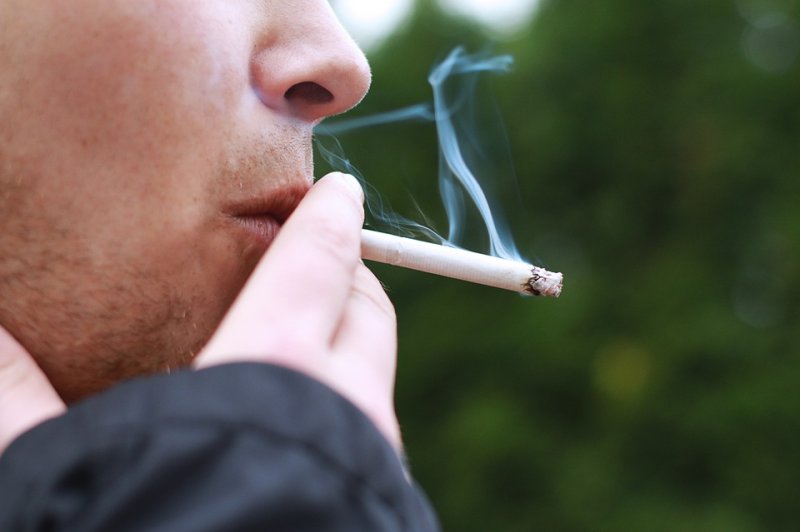Lung cancer screening is recommended for older current and former smokers, but a new study indicates that many people are not getting it done. Photo courtesy of
Max Pixel
March 31 (UPI) -- White Americans are about 50% more likely to undergo screening for lung cancer than Black Americans, a study published Thursday by JAMA Network Open found.
Over a four-year period from 2017 through 2020, 18% of adults who identified as White were screened for lung cancer, the data showed.
Among adults who identified as Black, this figure was 12%, the researchers said.
In addition, adults who described their general health as poor were about three times more likely to get screened for the deadly form of cancer compared with those who considered themselves to be in "excellent" health, according to the researchers.
Just over 25% of study participants who considered themselves to be in poor general health said they were screened for lung cancer, while 8% of those in excellent health were screened, the data showed.
"The racial and ethnic disparities we observed are troubling, and the reasons for these disparities need to be identified so that they can be addressed," study co-author Dr. Alison Rustagi told UPI in an email.
The findings call into question the benefits of "lung cancer screening, as it is currently being used," as "the correlation between poor health and use of lung cancer screening" suggests that some people who may feel well, but still be at risk for the disease are not getting screened, said Rustagi, a staff physician with VA San Francisco Health Care.
Lung cancer screening is designed to identify the disease early, before symptoms appear, when it is more likely to respond to treatment, according to the Centers for Disease Control and Prevention.
The agency recommends screening for current and past smokers ages 50 to 80 years.
Low-dose computed tomography, or a low-dose CT scan, is used to screen for lung cancer, the agency says.
During low-dose CT, patients lie on a table and an X-ray machine uses a small amount of radiation to take detailed images of their lungs, it says.
The scan only takes a few minutes and is not painful, the CDC adds.
The findings of this study are based on survey responses, collected over a four-year period, for nearly 15,000 adults in the United States, all of whom were long-time smokers, either at the time of the study or in the past, the researchers said.
Among all participants, 17% reported having been screened for lung cancer, the data showed.
Those who reported difficulty climbing stairs, due to shortness of breath, a sign of diminished lung capacity caused by damage from smoking, were 35% more likely to get screened, the researchers said.
Although their study did not explore the reasons behind these trends in screening use, "one hypothesis is that individuals with more health issues tend to see health providers more often," Rustagi said.
"More frequent visits may mean more opportunities to discuss lung cancer screening," she said.















